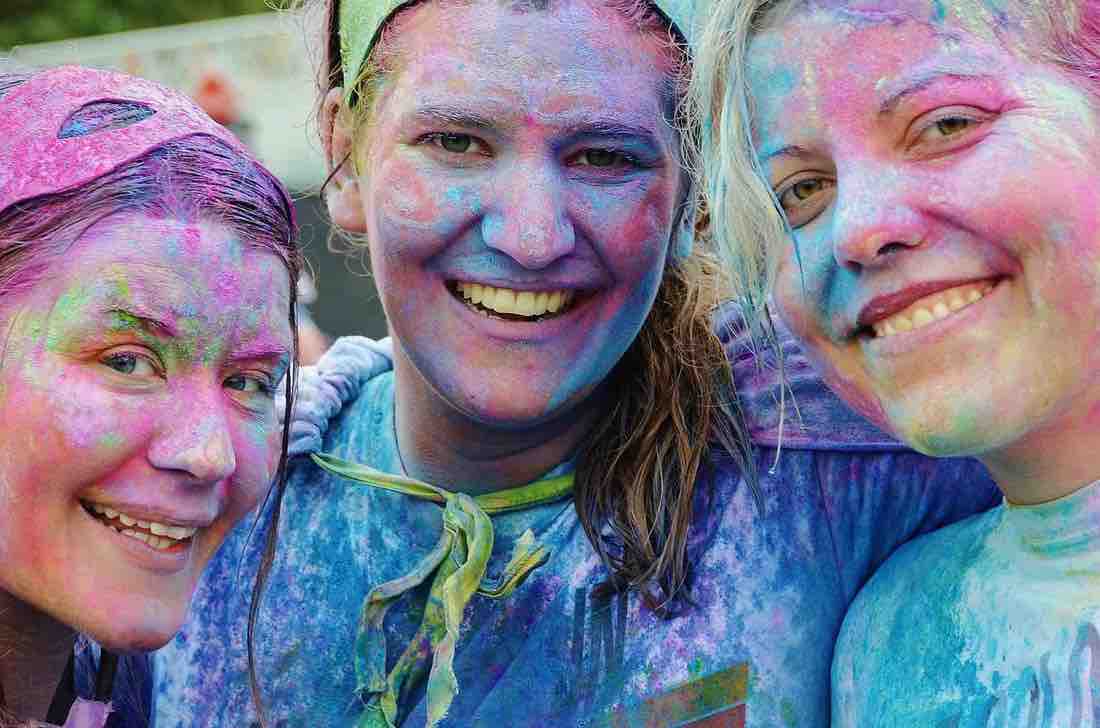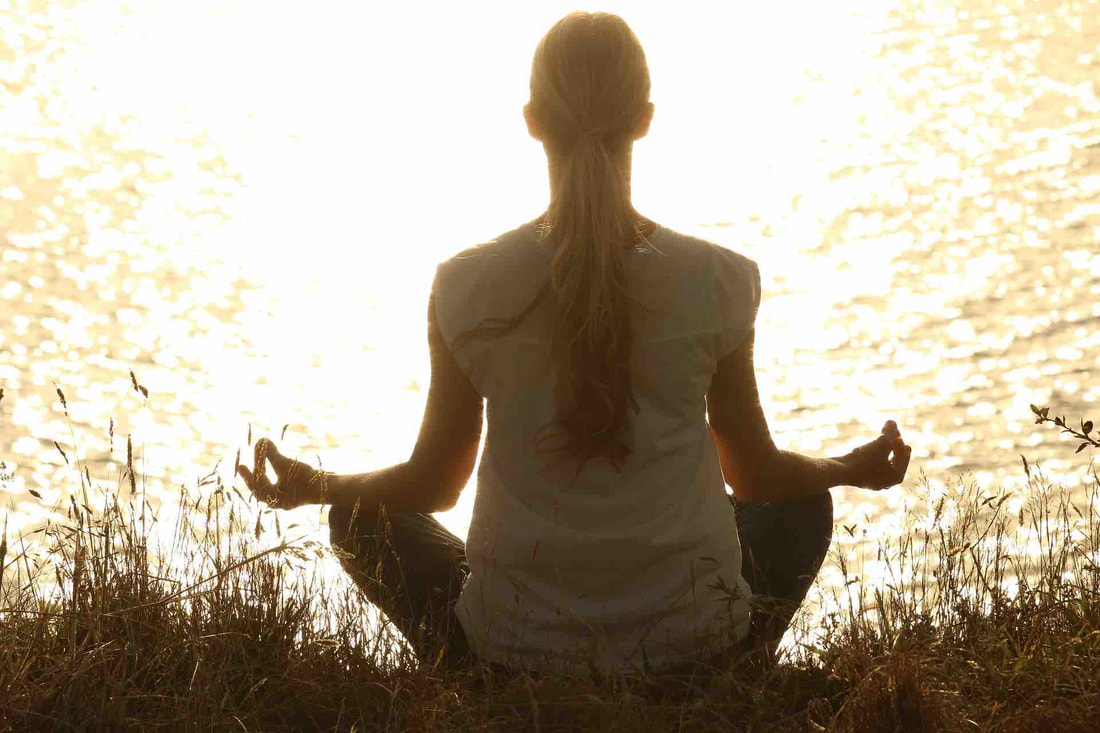Non-JudgementWhat is non-judgment? Why is it important to practice emotional non-judgment? And how do you become a non-judgmental person?
*This page may include affiliate links; that means I earn from qualifying purchases of products.
What is non-judgement?Experiential non-judgment is defined as a willingness to remain in contact with aversive experiences or negative emotions [1]. When we have emotional judgments, these are secondary (or meta-emotional) thoughts about the original experience.
For example, you may get angry about something and then start feeling guilty for feeling angry. This is how emotional judgment can lead to a cascade of negative emotions. When you are non-judgemental, you unconditionally accept your emotions and don’t judge yourself for having those emotions. What does it mean to be nonjudgmental?Non-judgment doesn't mean that we never make judgments. It's human nature to evaluate things and determine whether they are positive negative or neutral. What is problematic for our well-being is when we hold onto those judgments.
In order to let go of our judgements, we need to first be aware of what they are. Once we identify our judgments, we can actively let them go, perhaps by imagining them floating away like clouds. When we learn to stop judging our experiences, we can just be. We are truly present in the moment and can enjoy it more. Video: Non-judgment in mindfulnessWhy is it important to practice non-judgement?It's important to remember that our emotions evolved over many generations to help us survive and thrive. That means all emotions serve important functions. In fact, negative emotions have benefits. For example, sadness can help us get social support and anger can help us accomplish things that improve our situation.
When we judge these emotions, we only suppress and repress them, making it more difficult for them to their jobs. In contrast, the ability to accept your emotions and not make negative judgments about yourself or your feelings prevents a lot of excess negative emotions from emerging. How to practice non-judgmentJust like all emotional skills, non-judgment is a skill that can be developed and improved over time. Here are some ways to build your non-judgment skills:
Activities to develop emotional non-judgment
Here's a non-judgement mindfulness meditationReferences
|
Terms, Privacy & Affiliate Disclosure | Contact | FAQs
* The Berkeley Well-Being Institute. LLC is not affiliated with UC Berkeley.
Copyright © 2024, The Berkeley Well-Being Institute, LLC
* The Berkeley Well-Being Institute. LLC is not affiliated with UC Berkeley.
Copyright © 2024, The Berkeley Well-Being Institute, LLC




